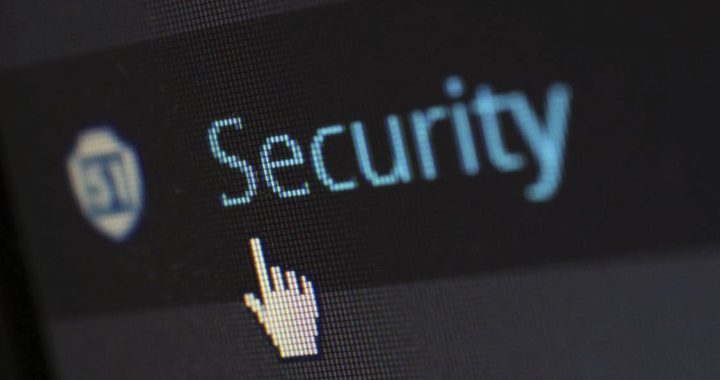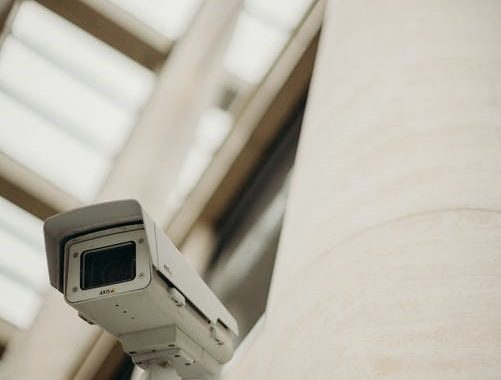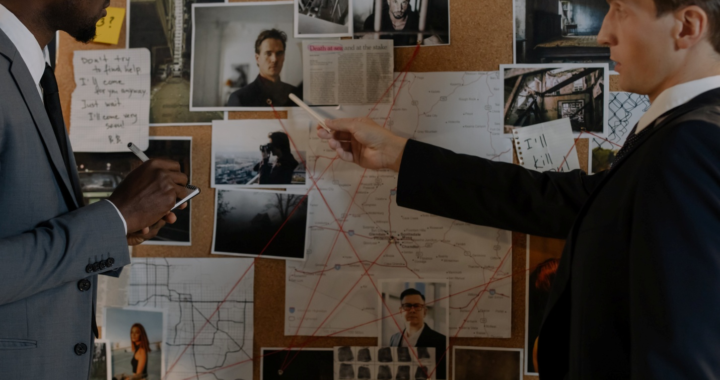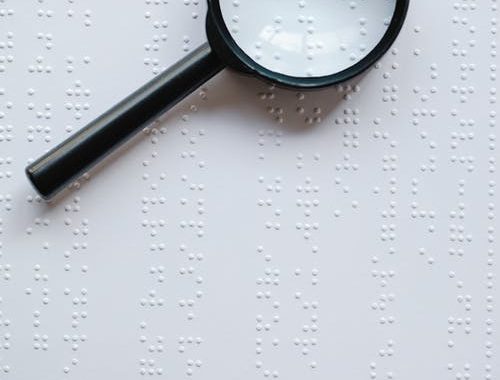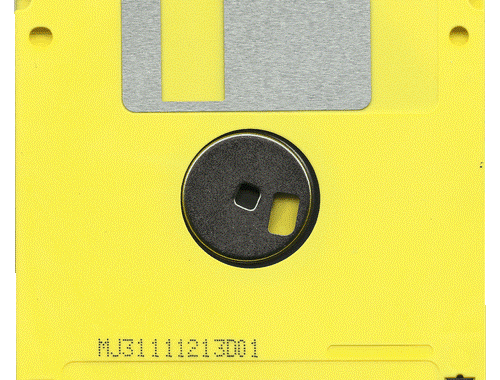Mobile device forensics has become a major part of digital forensics. The use of mobile devices increasingly continues to gravitate between personal and professional use.
The main objective of mobile forensics is recovering digital evidence or data from a mobile device.
Following the appropriate methodology and guidelines is important for the examination of mobile devices to yield good results. This blog post will discuss the mobile forensics procedure.


